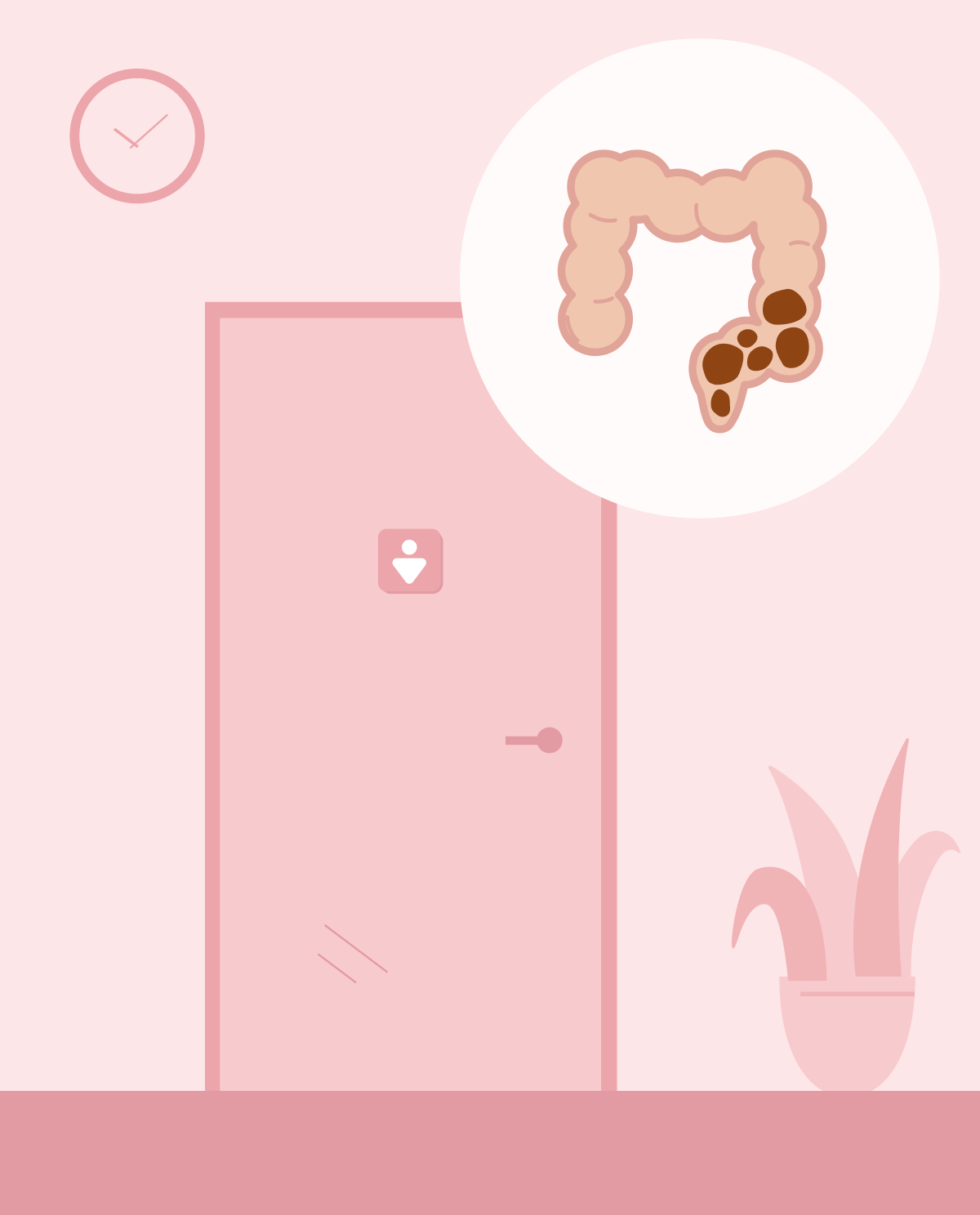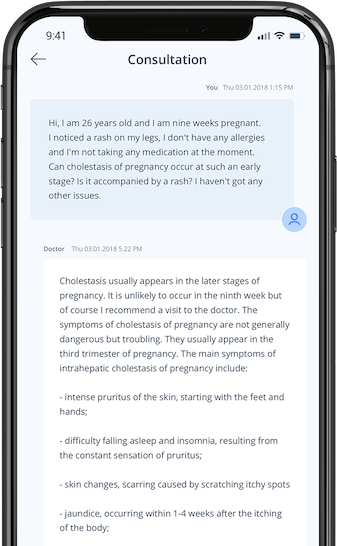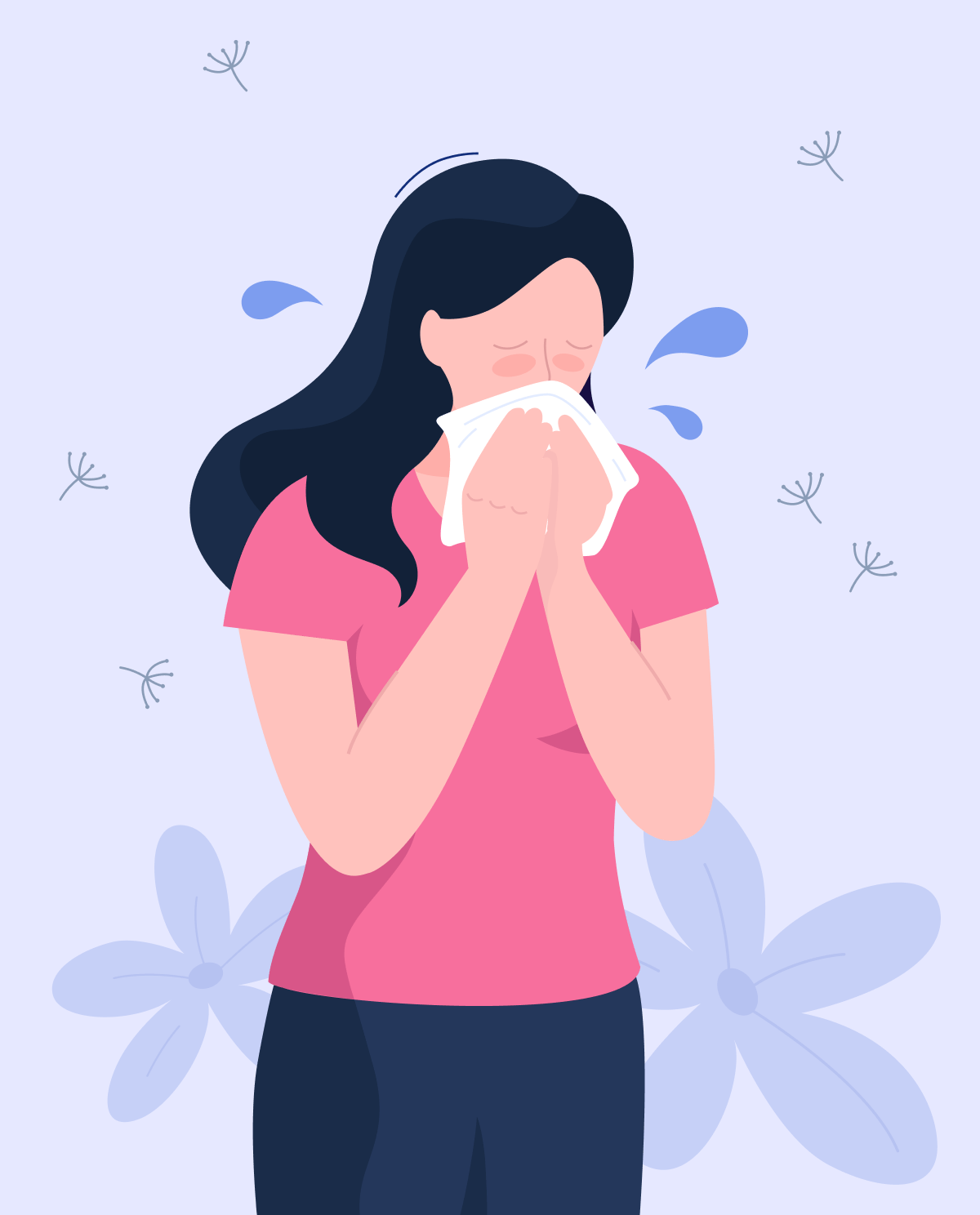Causes
- Heredity: studies conducted on the disease have shown that UC runs in families (10-25% of patients have a first-degree relative with the illness). Several genes have been linked to the development of the disease. It is believed that these particular genes play a vital role in the overactivation of the immune system.
- Environmental causes: various factors such as diet, pollution, and medication have been linked to the development of UC. This illness is more prevalent in the western world with improved sanitation thus suggesting a possible reduced exposure to bacteria to be the culprit.
- Autoimmunity: as described in Crohn’s and celiac disease, an autoimmune reaction is when our immune system mistakenly attacks our cells. It is theorized that UC develops when our immune system attacks the healthy bacteria residing in our colon resulting in an inflammatory process in the colon and rectum.
Risk factors
- Race and ethnicity: although the disease can occur in everyone, it is more prevalent in Ashkenazi Jews (Jews of European descent) and Caucasians.
- Genes: as described earlier, various genes have been linked to the illness.
- Age: although UC can occur at any age, it usually presents before the age of 30.
- Lifestyle: diet high in fatty foods disrupts the gut microbiome (healthy bacteria).
Symptoms
- anemia,
- abdominal cramps,
- fatigue,
- urgent bowel movement and diarrhea,
- later in the illness, patients develop bloody and mucus-tinged stools, fever, joint aches, sores in the mouth, and eye inflammation.
Diagnosis
Your primary healthcare provider will base their suspicions of UC on a full patient history accompanied by the following:
- Blood tests: complete blood count to look for signs of infection or anemia. Kidney and liver function tests.
- Stool examination: a stool sample is sent to the lab to look for signs of infectious microorganisms and blood.
- Colonoscopy and biopsy: gold standard to confirm UC.
Treatment
There is no known cure for UC and treatment efficiency differs from one patient to another. The main goal of the treatment is to reach remission (response to treatment and disappearance of symptoms) so the patient can have a better quality of life. The treatment types include the following:
- anti-inflammatory medications such as aminosalicylates and corticosteroids,
- immune suppressors: Cyclosporine, azathioprine, and mercaptopurine,
- biologic treatments (therapies that are derived from a living organism made to target proteins made by our immune cells to inhibit the events leading to more inflammation). They include Ustekinumab, Vedolizumab, and infliximab.








